
Brendan Shea receives Envision Resilience award to support climate adaptation studio
Brendan Shea, assistant professor of practice in CAPLA’s School of Architecture, received a National Design Studio Award from Envision Resilience to support a Spring 2026 studio focused on climate adaptation in the Colorado River Watershed.

Teresa Rosano receives AIAS Faculty Advisor Honor Award
Teresa Rosano, associate professor at the School of Architecture, earned the 2025 AIAS Faculty Advisor Honor Award for her mentorship, inclusive teaching, and leadership. She inspires students through community-focused, real-world architectural education and over 25 years of professional experience.
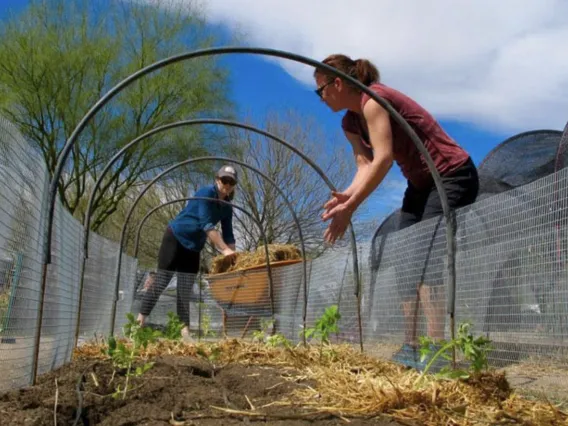
Lecture Recap and Video: Courtney Crosson on 'Designing Food Systems in an Urban Desert'
Courtney Crosson is a licensed architect and assistant professor at the University of Arizona, where she teaches classes on water in the built environment and community outreach studios.
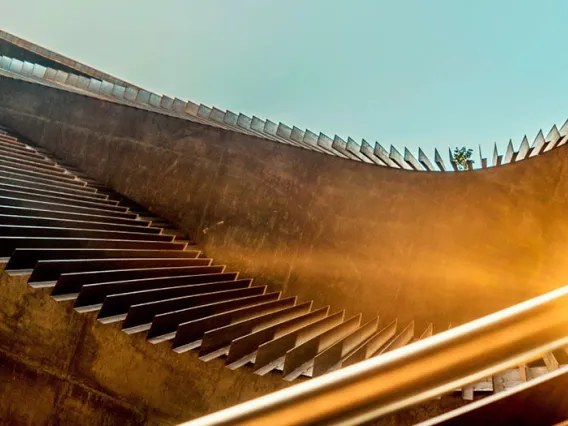
‘Performative Environments’ Spark Insight and Activism at International Conference Hosted by UArizona School of Architecture
Though the ARCC 2021 international conference hosted by CAPLA was held during the pandemic—and therefore online instead of on campus as originally planned—the gathering of many of the world’s most provocative built environment researchers was a resounding success.
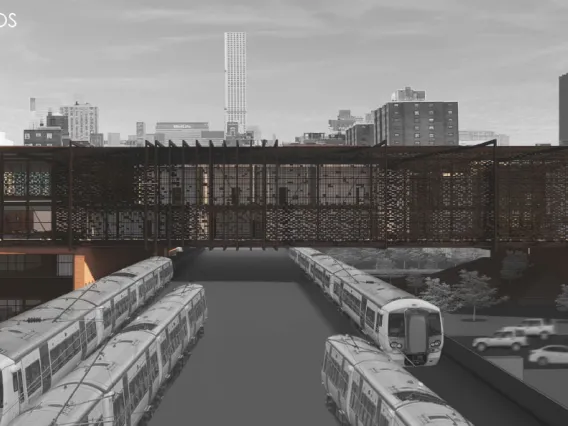
Harlem Music Academy & Studios: Nikolas Altamura '21 B.Arch
Nikolas Altamura's Harlem Music Academy & Studios, winner of the AIA/School of Architecture Design Excellence highest honor for 2021, builds from the neighborhood's rich musical history to serve low-income, at-risk youth by providing access to expression through a music school proposed for a site in East Harlem.
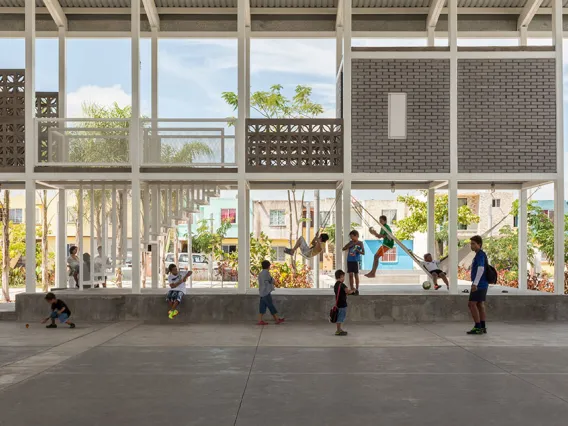
Lecture Video: Rozana Montiel on 'Something for Nothing'
Rozana Montiel, founder and director of Rozana Montiel | Estudio de Arzquitectura (REA), joins us for the CAPLA Lecture Series on the topic of "Something for Nothing." View the video from Montiel's September 29, 2021 presentation.
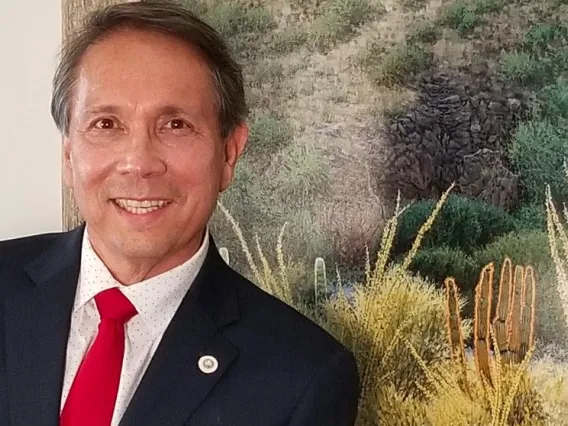
Art, Design and Authentic Place: David D. Ortega '77 B.Arch
David D. Ortega, who is from Globe, Arizona and has lived and worked in Scottsdale since 1978, became the first architect and Latino mayor in the country when he was elected the 12th mayor of Scottsdale. He credits his background in architecture with informing his views as a civic leader.
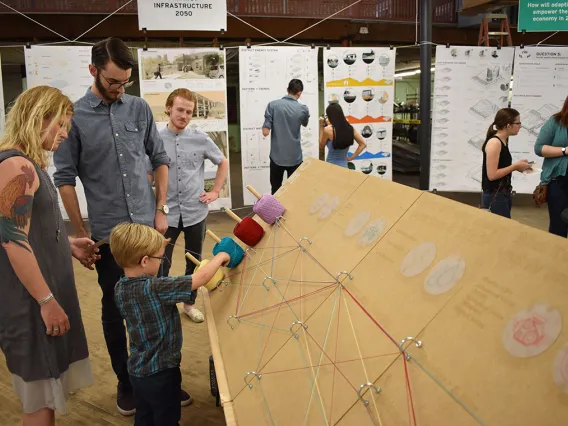
UArizona Architecture Students Design a More Sustainable Tucson Thanks to CAPLA Partnership with GLHN
Since 2017, GLHN Architects & Engineers has sponsored and provided technical advising on four architecture studios designed to craft a more sustainable Tucson by the year 2050. This year, the focus turns to urban food systems.
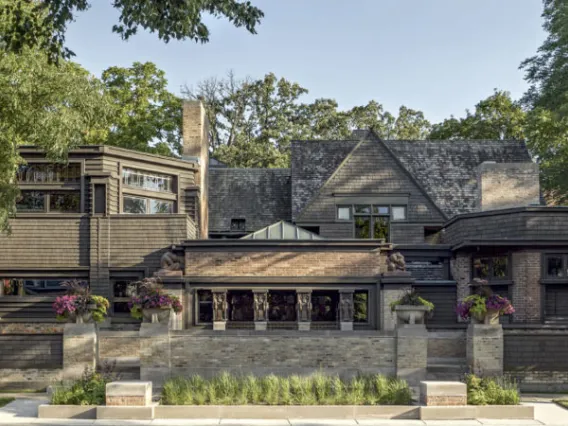
The Architectural Laboratory of Frank Lloyd Wright
Associate Professor of Architectural History Lisa Schrenk shares the preface to her new book, The Oak Park Studio of Frank Lloyd Wright, which explores the suburban Chicago studio that served as one of the most important sites in the development of modern architecture in the United States.
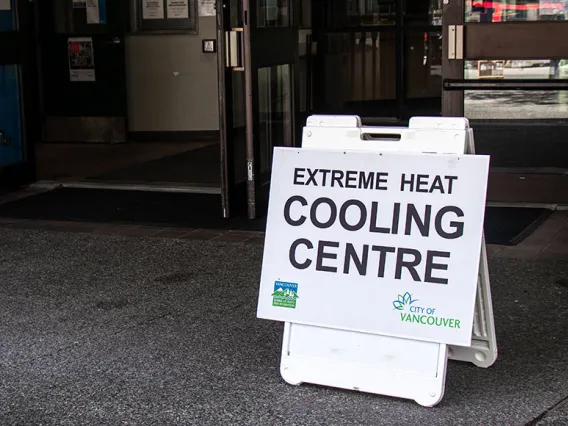
Researchers from UArizona, ASU, UCLA and Aspen Global Change Institute Call for Attention to ‘Heat Governance’ to Protect Those Most at Risk from Extreme Heat
By implementing six guiding principles, researchers and decision-makers will not only address heat inequities but also create coordinated metrics and plans to adequately address extreme heat risks.
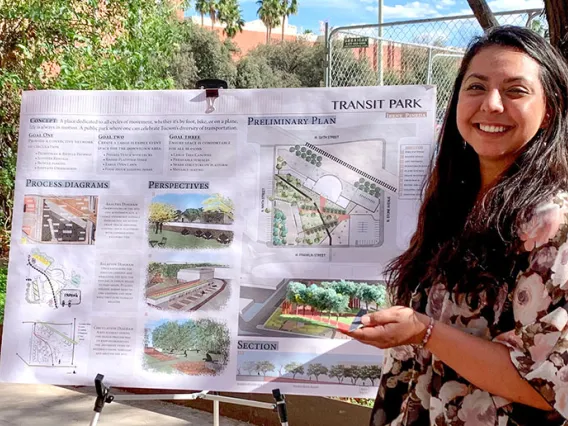
Accessibility for All: Irene Pineda ’22 MLA
Master of Landscape Architecture student Irene Pineda is from La Puente, California, located 20 miles east of downtown Los Angeles. She earned her BA in Communicative Disorders from San Francisco State University and served as a public school teacher before falling in love with the Sonoran Desert and joining the MLA program.
